Teenagers
11 Consejos de Auto-Cuidado para Adolescentes y Adultos Jóvenes

Estrés.
Los adolescentes y adultos jóvenes ahora están más estresados, ansiosos, deprimidos y solos que nunca – al menos en los Estados Unidos. A primera vista, es difícil aceptar este hecho.
My Child Was Diagnosed With Anxiety or Depression. How Should I Talk to Her About It?

“Should I use the word anxious or depressed?”
“Should I talk about it at all with my daughter?”
“What should I say to my teenage son?”
“How can I even bring it up?”
These are just a few of the questions parents ask when their child is given a diagnosis of anxiety or depression.
Desordenes del Juego
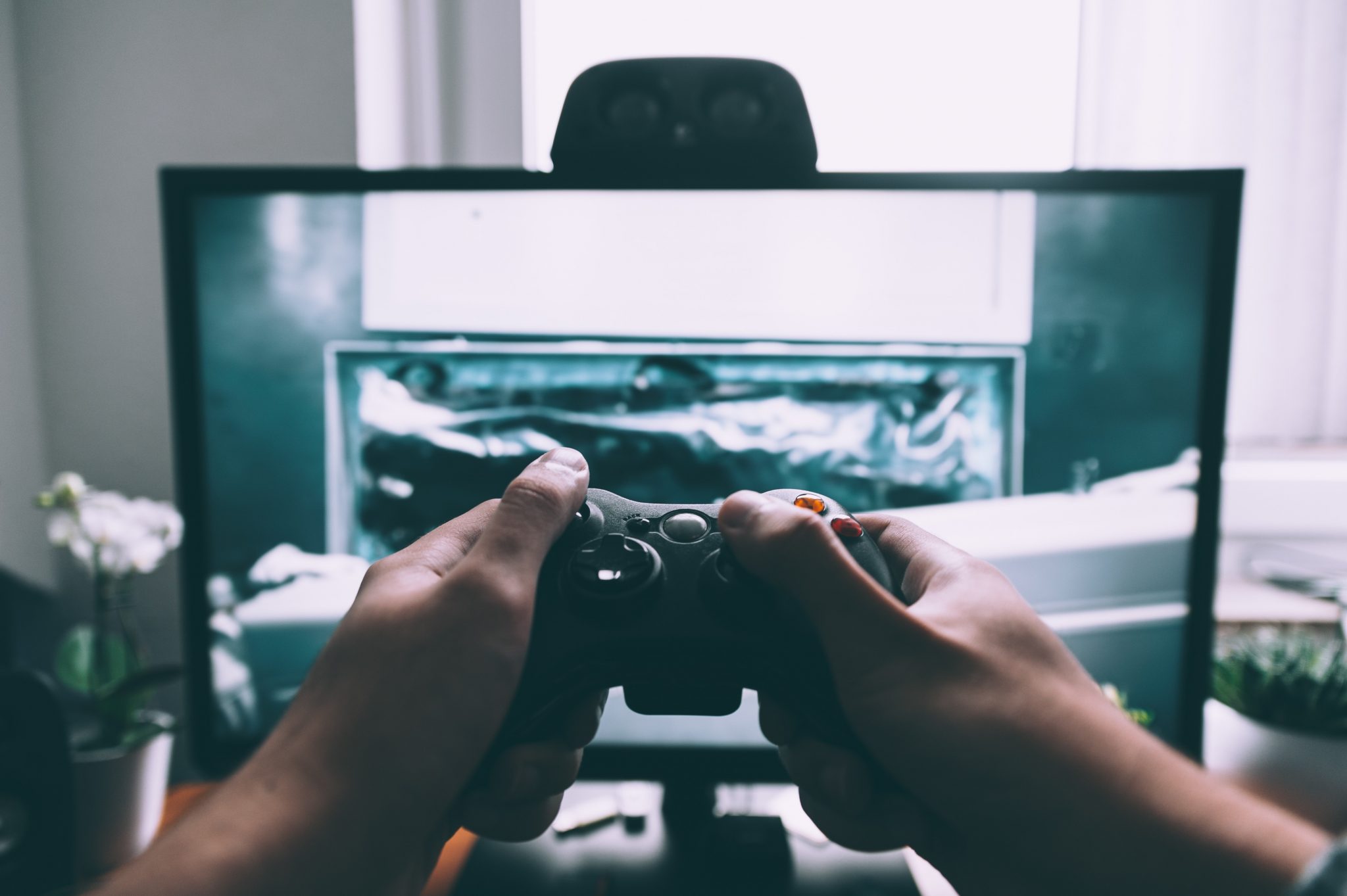
“Él está jugando juegos todo el tiempo. ¡Cada oportunidad que tenga! Desde el momento en que llega a casa hasta la hora de acostarse, está en su habitación con esa computadora. Y casi no pasa tiempo con la familia. ¿Es adicto? Estoy realmente preocupado.
Cómo Ayudar a Los Niños a Lidiar con La Ansiedad Situacional

La ansiedad es la forma en que los humanos hemos evolucionado para protegernos.
En situaciones amenazadoras, nuestros cerebros desencadenan una serie de respuestas que resultan en una elevación del ritmo cardíaco, sudoración, temblores, hiperventilación y miedo intenso, todo con el propósito de prepararnos para el peligro.
Desarrollar el bienestar mental en los niños: lo que los padres pueden hacer
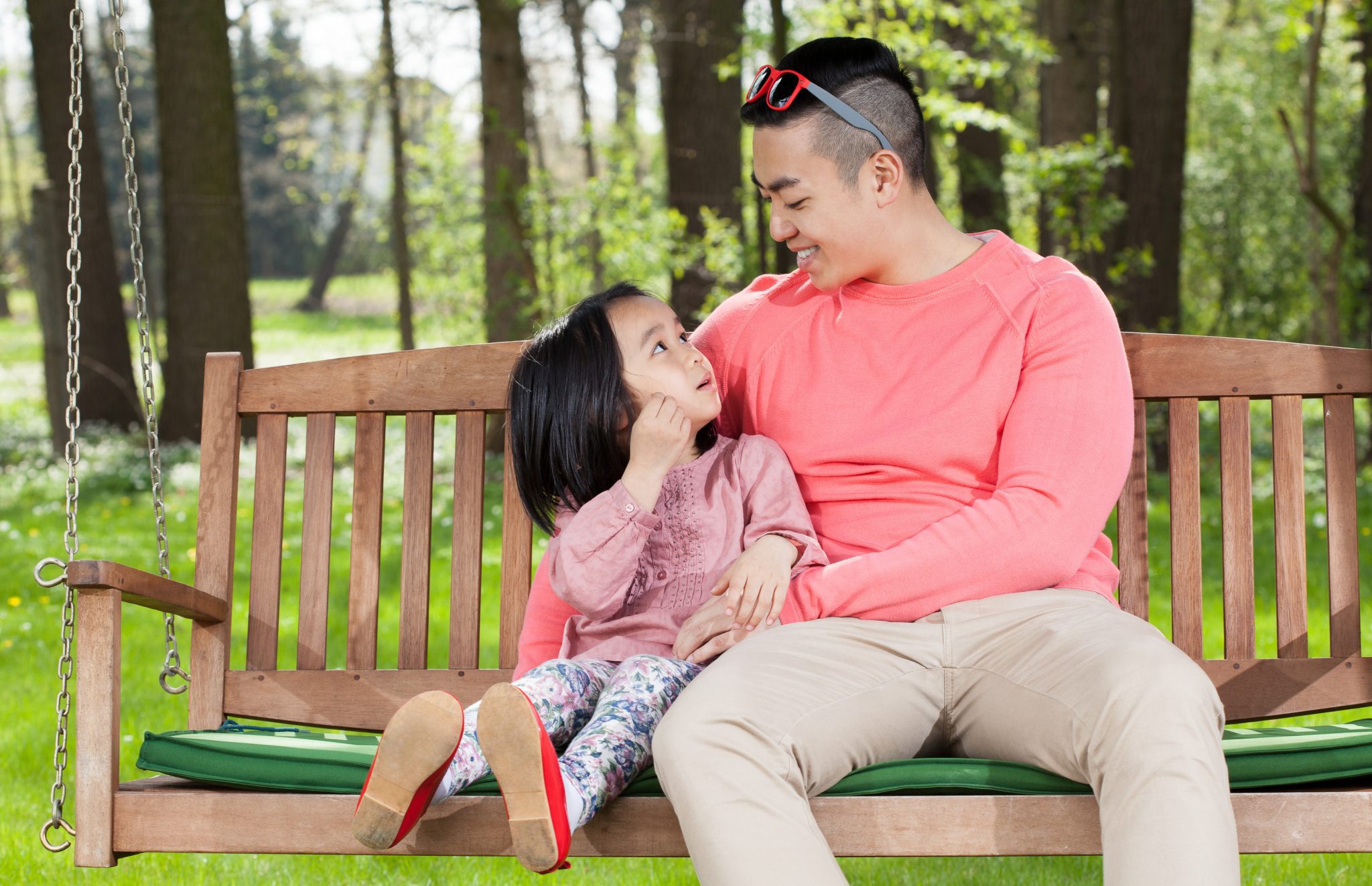
Los padres son los verdaderos expertos cuando se trata de conocer a sus hijos, y a menudo son los primeros en notar cualquier cambio en el comportamiento de sus hijos:
Colin era un joven feliz. Tenía amigos, le iba bien en la escuela y se llevaba bien con sus hermanos y padres en casa.
Conciencia del Estrés: Cómo Pueden Los Padres Ayudar A Sus Hijos Con El Estrés
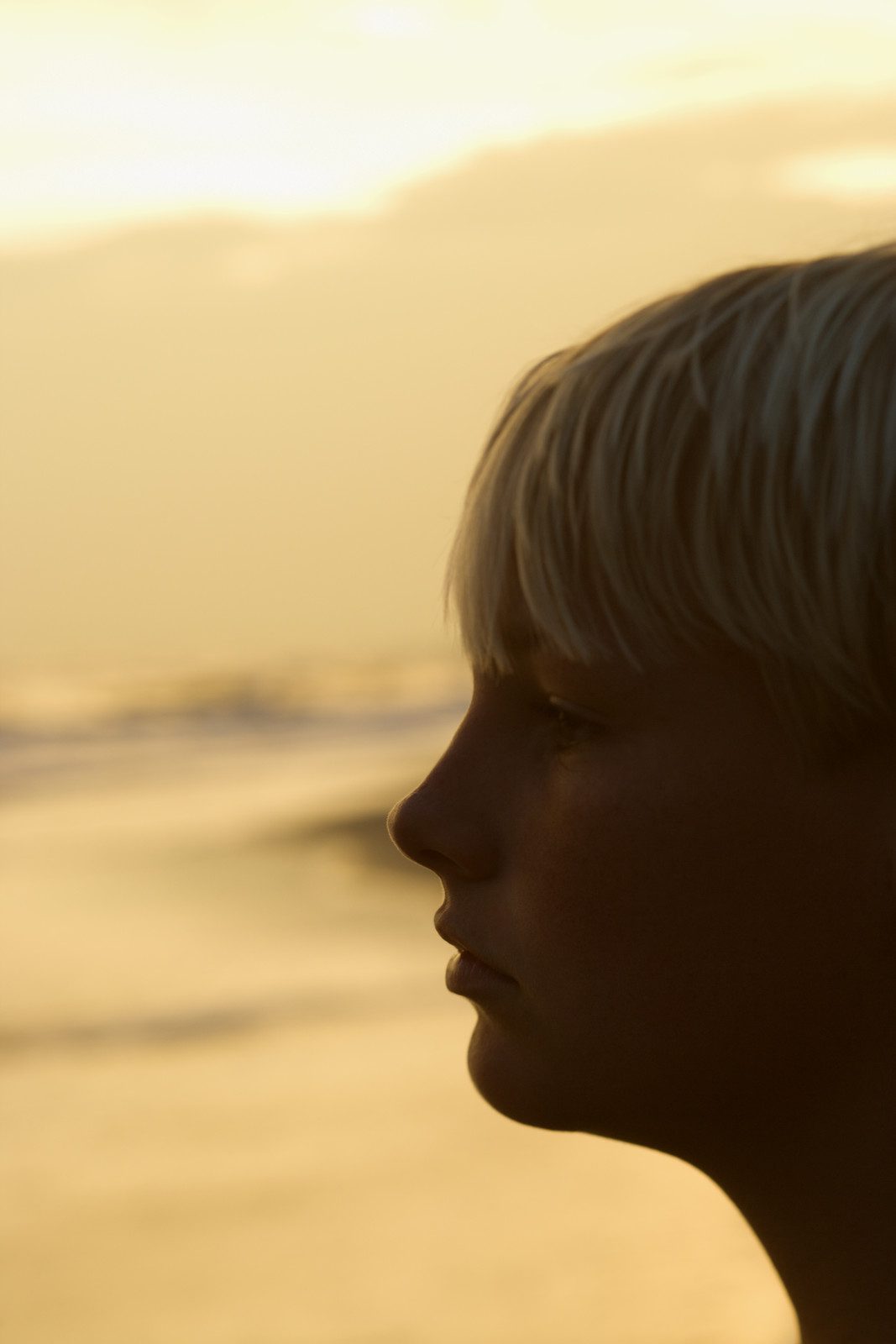
Jacob, de 14 años, parece tenerlo todo. Vive en un barrio rico, asiste a una escuela privada, practica deportes y es un miembro estrella de la banda de su escuela. Y, sin embargo, se siente incómodo y estresado.
¿Qué pasa si mi hijo tiene depresión?
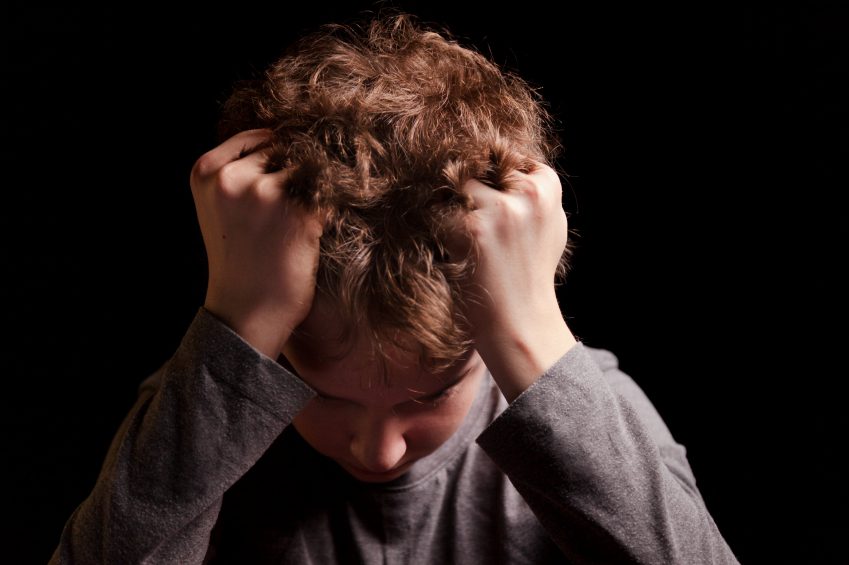
“Depresión” es un término complicado. Al igual que muchos diagnósticos en psiquiatría, la palabra “depresión” tiene usos comunes y específicos.
When Young People Lose a Hero to a Tragic Death

Most of us, young and old, were stunned by the tragic death of Kobe Bryant along with his daughter. Whether you are a Laker’s fan or not, Kobe represented something more, including for young people.
Tom Brady said it this way in a Twitter statement:
“And in this tragedy, I have learned so much.
Is Your Teen an Emotional Sponge? – Shrinking It Down
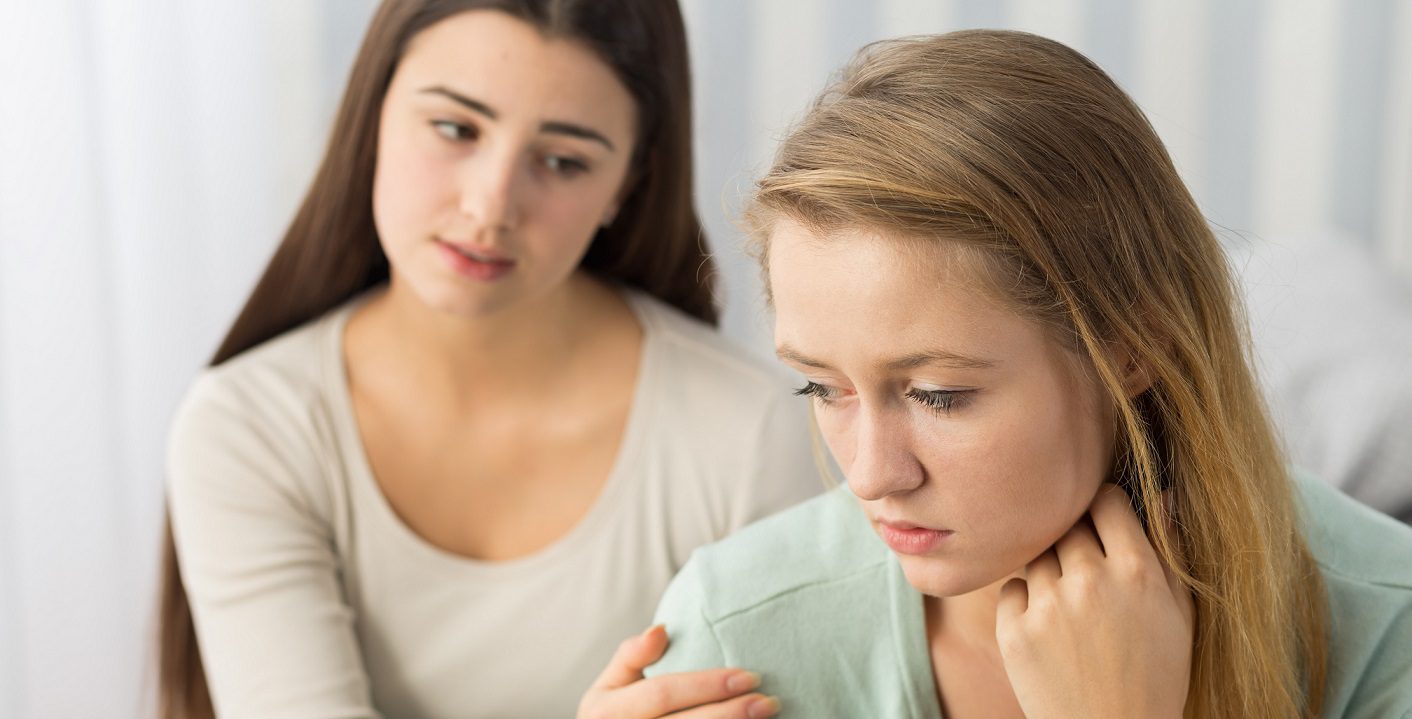
Peers can be an excellent source of social support, and it’s great that more young people today talk to friends about their emotional challenges. But for every teen who shares, there’s another teen absorbing the info like an emotional sponge.
The Trauma Felt In Teen Breakups

Teen breakups. When you’re 17 years old, breaking up with someone really, really hurts.
Download our PDF on Teen Breakups.
Yes, that’s a cliché. So much so that almost every adult can think of a favorite popular culture reference to this particular kind of pain.



